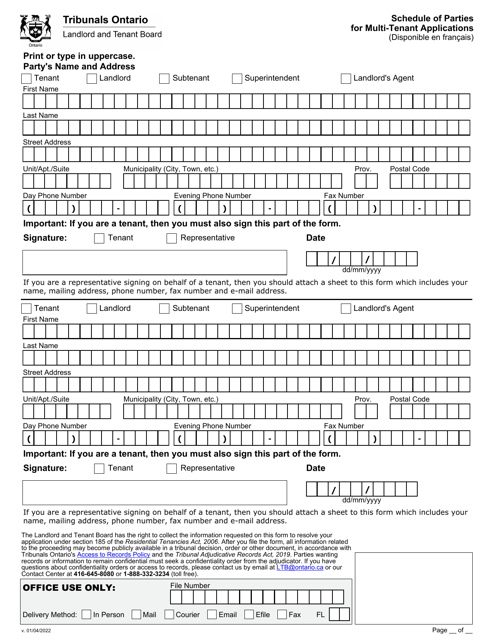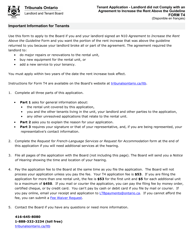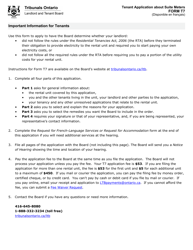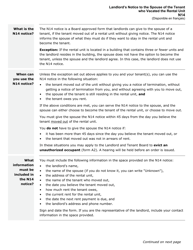Schedule of Parties for Multi-Tenant Applications - Ontario, Canada
The Schedule of Parties for Multi-Tenant Applications in Ontario, Canada is a document that outlines and identifies all the parties involved in a multi-tenant application. It defines the roles and responsibilities of each party, and helps ensure clear communication and understanding among all parties involved.
In Ontario, Canada, the landlord or property owner typically files the Schedule of Parties for multi-tenant applications. However, it is always best to consult local regulations or legal advice for specific situations.
Schedule of Parties for Multi-Tenant Applications - Ontario, Canada - Frequently Asked Questions (FAQ)
Q: What is a multi-tenant application?
A: A multi-tenant application is software that serves multiple customers, known as tenants, on a shared infrastructure.
Q: What is the purpose of a schedule of parties for multi-tenant applications?
A: The schedule of parties outlines the roles and responsibilities of different parties involved in the development and maintenance of a multi-tenant application.
Q: Who are the typical parties involved in a multi-tenant application?
A: The typical parties involved in a multi-tenant application include the software provider, the tenants, and any third-party service providers.
Q: What is the role of the software provider in a multi-tenant application?
A: The software provider develops and maintains the multi-tenant application, and is responsible for ensuring its functionality and security.
Q: What is the role of the tenants in a multi-tenant application?
A: The tenants use the multi-tenant application to host their own data and perform their own operations.
Q: What is the role of third-party service providers in a multi-tenant application?
A: Third-party service providers may be involved in providing additional services, such as data storage, backup, or analytics, to the tenants.
Q: Why is it important to have a schedule of parties for multi-tenant applications?
A: Having a schedule of parties helps to clarify the responsibilities of each party involved, ensures proper coordination, and helps to avoid conflicts or misunderstandings.
Q: Are there any legal considerations related to multi-tenant applications?
A: Yes, there may be legal considerations, such as data privacy and security requirements, that need to be addressed in the schedule of parties and in the agreements between the parties.
Q: Is the schedule of parties legally binding?
A: The schedule of parties may or may not be legally binding, depending on the agreements between the parties. It is important to consult legal professionals to ensure the agreements are properly documented and enforceable.












